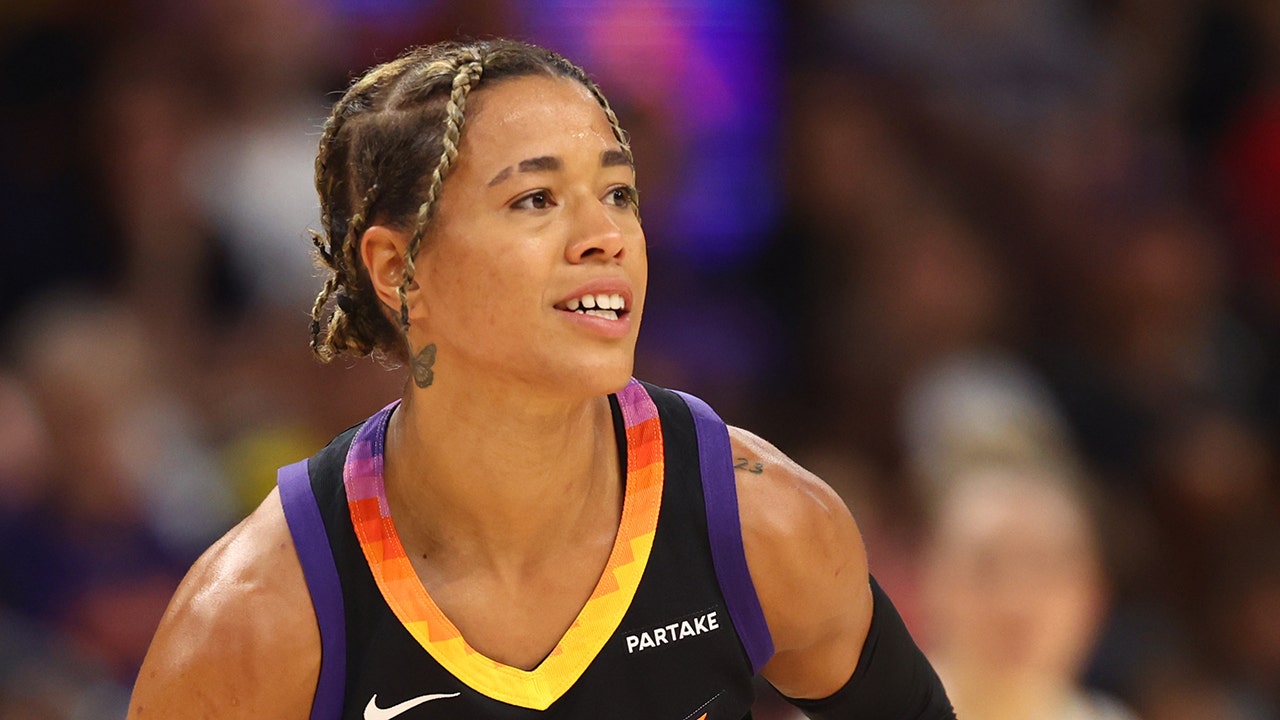Lauri Brunner is searching for a second act. Not for herself, but for the stocks she scoops up for Thrivent’s Large Cap Growth fund — even when growth shows signs of slowing. “Good companies go through tough cycles,” she said. “I’ve seen this over and over with Amazon , I’ve seen it with Meta . Part of the game is to have strong fortitude and a thesis where you might not have all the points lining up or put together … but believe that they’ll deliver over time.” Much of the $2.7 billion fund’s recent success can be attributed to that principle, and holding onto some of Wall Street’s beaten-down technology stocks even as growth stumbled in 2022 and the portfolio slumped nearly 34%. Those tides shifted in 2023, when technology stocks recovered from the prior year’s slump, boosted by enthusiasm over artificial intelligence that hoisted the entire market. Betting on renewed tech growth – even when popular names hit fresh lows – pushed the fund up more than 46% in 2023 and nearly 10% so far in 2024. On a total return basis, investors in the fund have netted 48% in the last 12 months, according to FactSet. THLCX 1Y mountain Thriven Large Cap Growth’s year-over-year performance But the fund hasn’t earned its four stars from Morningstar and gold rating thanks to luck — or betting solely on recharged growth. Thrivent Large Cap Growth climbed to the 18th percentile among more than 1,200 growth funds in 2023, up from the 73rd percentile in the disastrous 2022, Morningstar data shows. Brunner, who has led the fund since 2018 after starting at Thrivent as a research analyst in 2007, attributes some of Large Cap Growth’s success to its fundamental investment principles — what she calls the key “ingredients.” Brunner searches for companies operating in large marketplaces, with revenues exceeding $2 billion. That populates a list of more than 850 names she whittles down further by searching for dominance in a key market as well as a second growth act for the company. THLCX YTD mountain The fund’s year-to-date performance Then she meets with Thrivent’s analysts, who offer up their expertise on the stock or industry. It’s a field she knows well, having served as an analyst herself at FAF Advisors and RBC Capital before joining Thrivent. Tech stocks make up more than a third of her fund’s holdings, according to recent Morningstar data, but Brunner doesn’t consider herself a classic tech portfolio manager. Maybe that’s because as an analyst, Brunner’s background was in large cap consumer staples and large cap retail and discretionary stocks, after starting out covering specialty apparel retailers. Finding the next leg of growth Today, however, the so-called Magnificent 7 stocks control the top seven positions in the fund, accounting for almost 41% of the entire portfolio, according to Morningstar data. Four of the seven were bought after Brunner took over the fund. The University of St. Thomas MBA regards artificial intelligence tailwinds as that key second-act ingredient for Nvidia , previously known for making videogame chips. The Jensen Huang-led company has lately taken center stage as investors bet on its graphics processing units, but Brunner first took a position in Nvidia in April 2019. “Quite frankly, we didn’t identify that next growth leg that everybody now understands Gen[erative] AI represents,” she said. “That was probably the most critical contributor to our good performance last year.” NVDA 1Y mountain Nvidia shares over the last year Amazon’s been another key investment for the fund, which began building a position in 2007. Today, it’s almost 8% of the portfolio and the second-largest holding behind only Microsoft. Underpinning Amazon is a bet on the company’s e-commerce dominance with the cloud business serving as a second leg of growth. ServiceNow is another company making a second act for itself by expanding beyond the IT Help Desk realm it started in and bringing its business to software. Netflix built its second act through content generation, Brunner said. Megacap technology stocks dominate the fund today, but Brunner looks farther afield too, sometimes harkening back to her retail roots. She identifies retail names through a square-footage method. The framework refers to avoiding companies that are opening retail stores at a rate that exceeds that of the surrounding population. That’s meant Brunner has missed investing in winners such as Lululemon , but it also led her to back Walmart and its burgeoning e-commerce business in late 2021. “It’s just a really exciting spot to be in,” Brunner said of studying growth stocks. “You see a lot of innovation and you see these companies create businesses and then figure out a way to create an even bigger opportunity to sustain revenue growth for longer than people initially thought.”















































